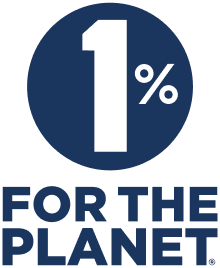Imagine a chilly morning, you’re brewing your favourite cup of coffee and your kid comes over and asks, “Can I have some too?” It’s a cute moment, you pause, smile and then wonder, “Are kids allowed to drink coffee?”
We all know coffee is a morning ritual for many adults. It helps us wake up, focus and function like proper humans. But when it comes to kids, things aren’t that simple.
Australian Dietary Guidelines
According to the Australian Dietary Guidelines, children under the age of 12 should avoid caffeine intake, and for teens, it should be limited to 3 mg per kilogram of body weight per day.1 So yeah, your 40kg kid should only have a max of 120mg of caffeine in a day (about an 8oz cup of coffee).
“We can still satisfy our kids’ curiosity by being creative and teaching them healthy habits.”
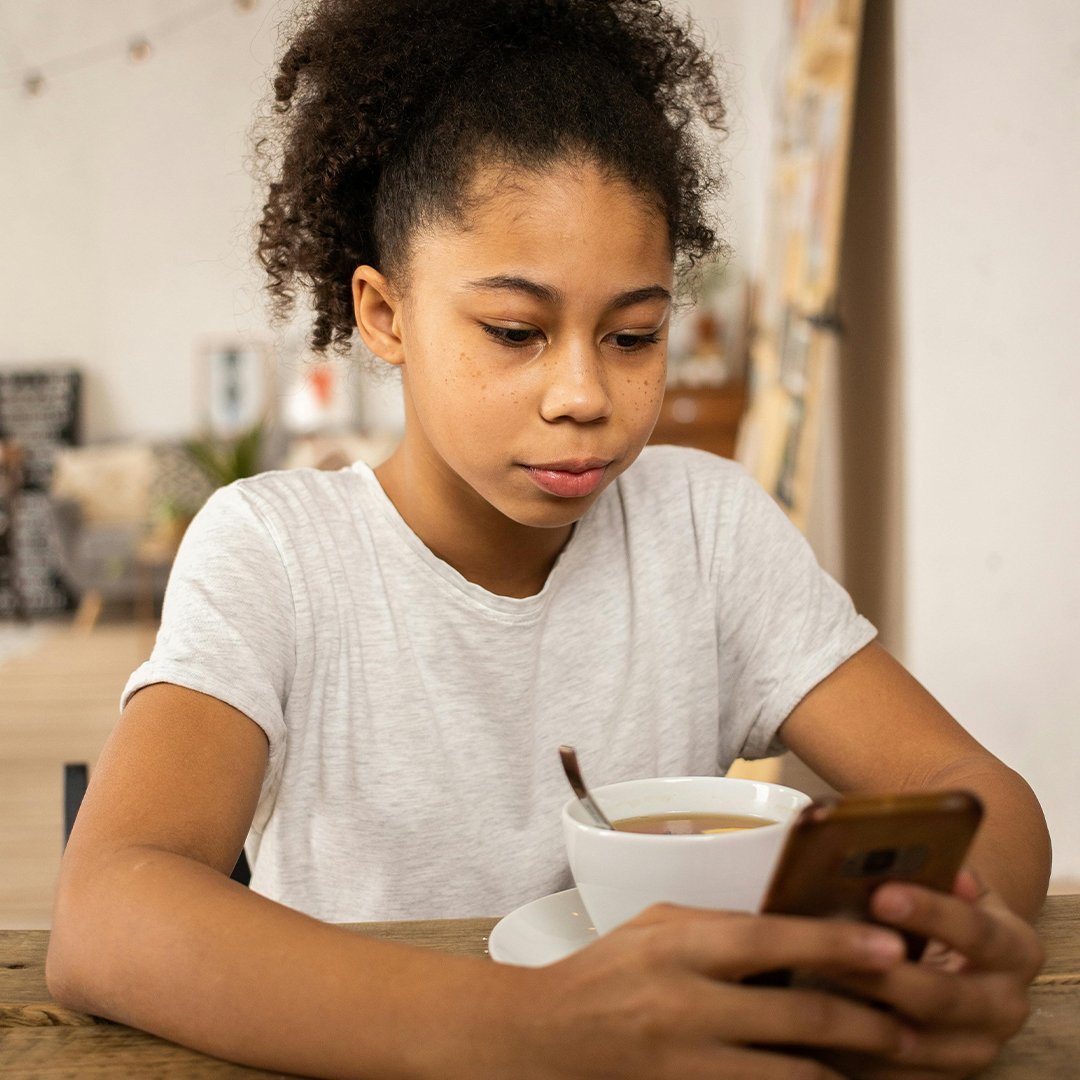
Why the hesitation?
Caffeine affects kids differently than adults. Their smaller bodies are more sensitive to its effects.2 Too much caffeine can lead to:
The jitters: Think fidgety hands and restless energy making it hard to focus at school or just sit still.
Trouble sleeping: Even a small amount of caffeine can disrupt their sleep patterns and could lead to grumpy mornings and a tired-out kid.
A racing heart: You might notice an increased heart rate which can be unsettling for both of you.
Tummy troubles: Caffeine can be a bit harsh on a sensitive stomach potentially causing discomfort or an upset tummy.
Anxiety: For some kids, the stimulating effects can manifest as feelings of anxiety or nervousness.
Plus, let’s not forget caffeine is addictive. The last thing we want is a ten-year-old complaining about their Monday because they “didn’t get their morning coffee.”
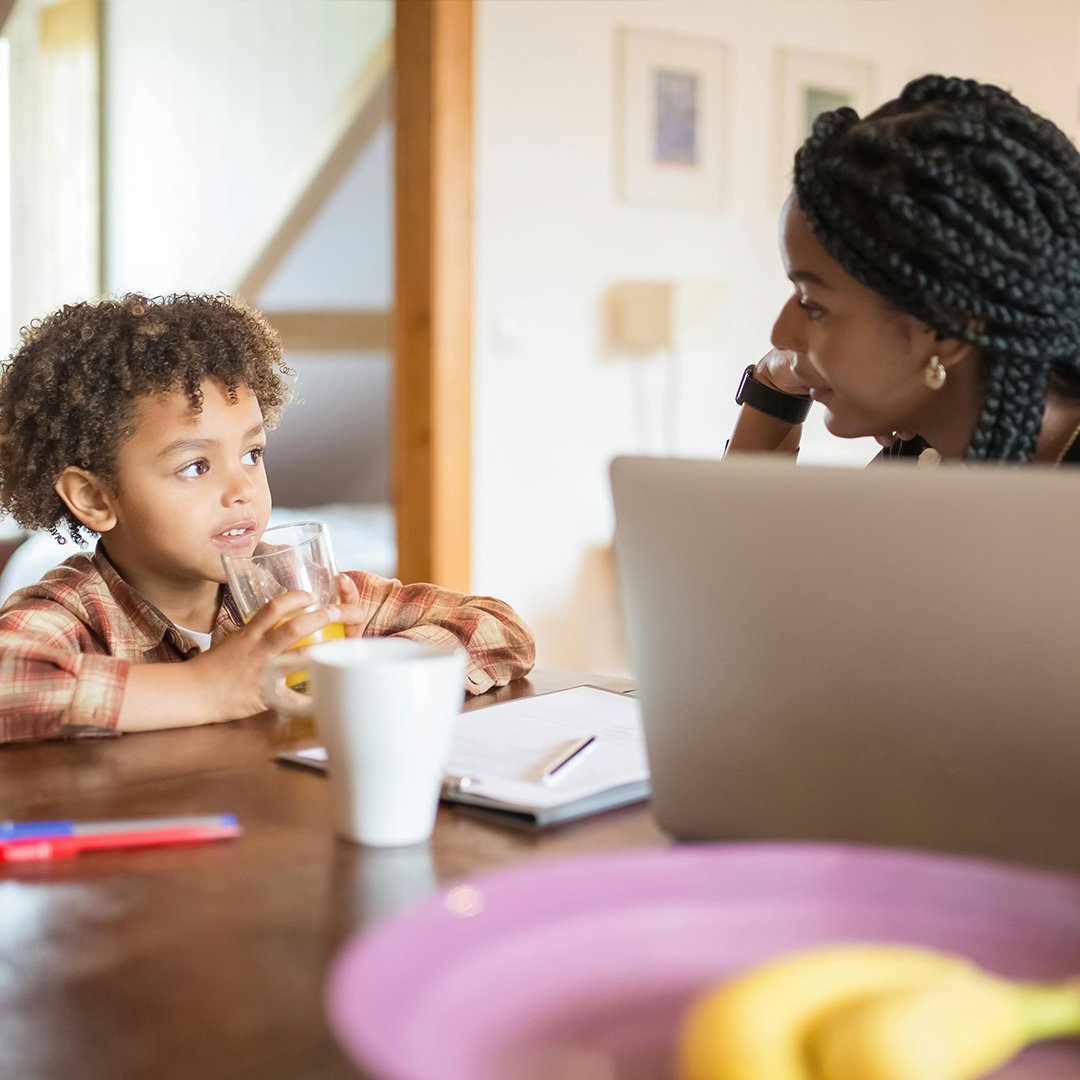
The kids’ version
Kids copy what we do. When they see us sipping our morning brew, it becomes this “grown-up thing” they want to be part of. Instead of a hard "NO," this is a perfect opportunity to get creative and include them in a way that's both fun and healthy.
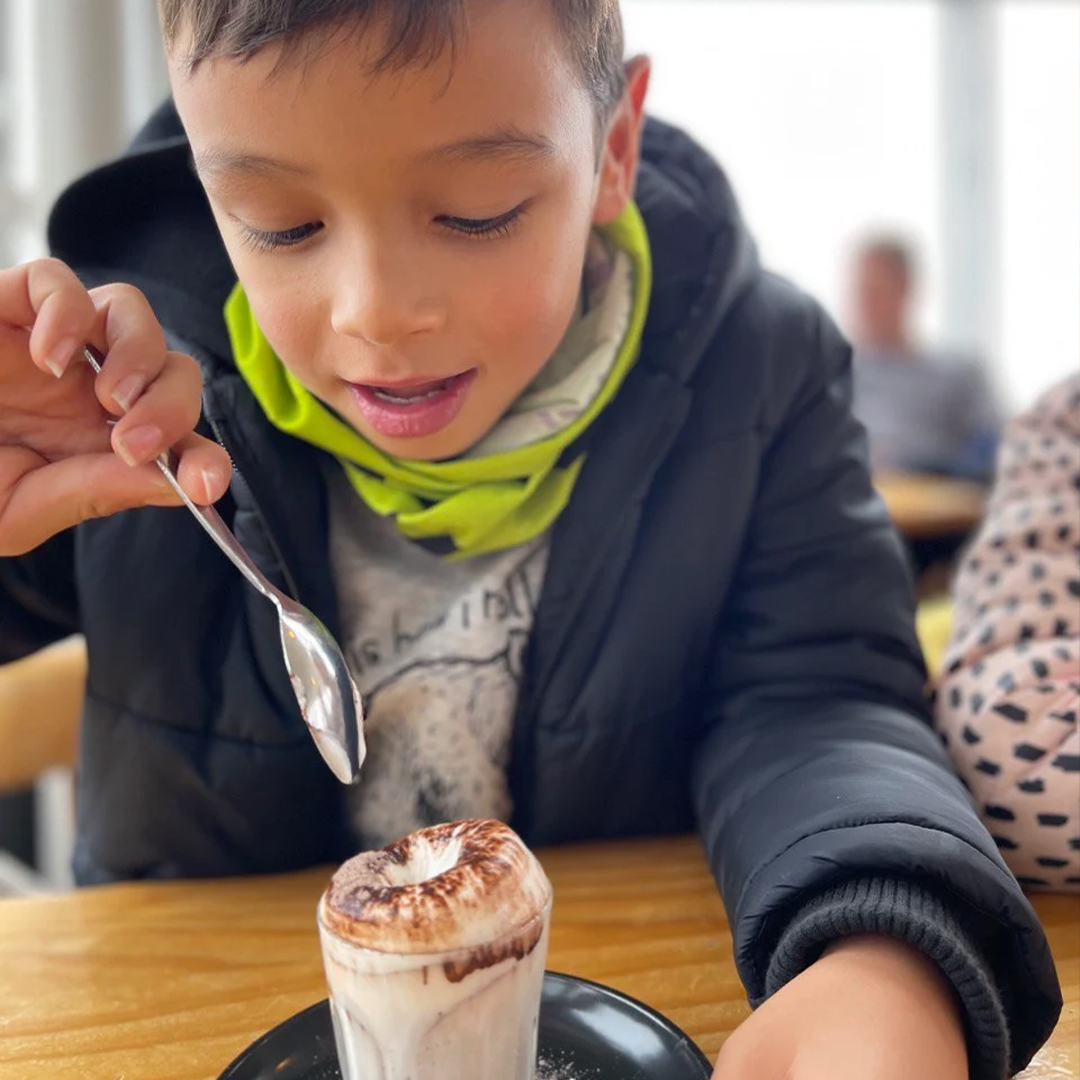
Here are some great alternatives:
Warm milk with a dash of cinnamon: This simple, comforting drink is an excellent substitute. It’s warm, smells delicious and feels just as special as a "grown-up" beverage. Perfect sip while wrapped in a cosy hoodie.
The classic babycino: Many of us know this one. A small cup of frothy milk, often with a dusting of chocolate or cinnamon on top, makes them feel like they're ordering their very own drink at a cafe. It's a fun and easy way to include them.
Caffeine-free herbal teas: Options like chamomile or rooibos are naturally caffeine-free and come in a variety of delicious flavours. They offer the comfort of a warm drink without any of the stimulating effects. You may also opt for a good cup of Chai, hot or cold, serve it just how your kids like it.
Hot chocolate: Kids love a good hot chocolate (or cold one!) and you can even serve it with latte art if you wish.
Decaf coffee (in moderation): A small, warm cup of decaf can feel like the real deal to a child. Just remember that decaf still contains trace amounts of caffeine (around 1-3% of a regular cup) so it's a treat best served occasionally.3
Read Caffeine in different types of coffee
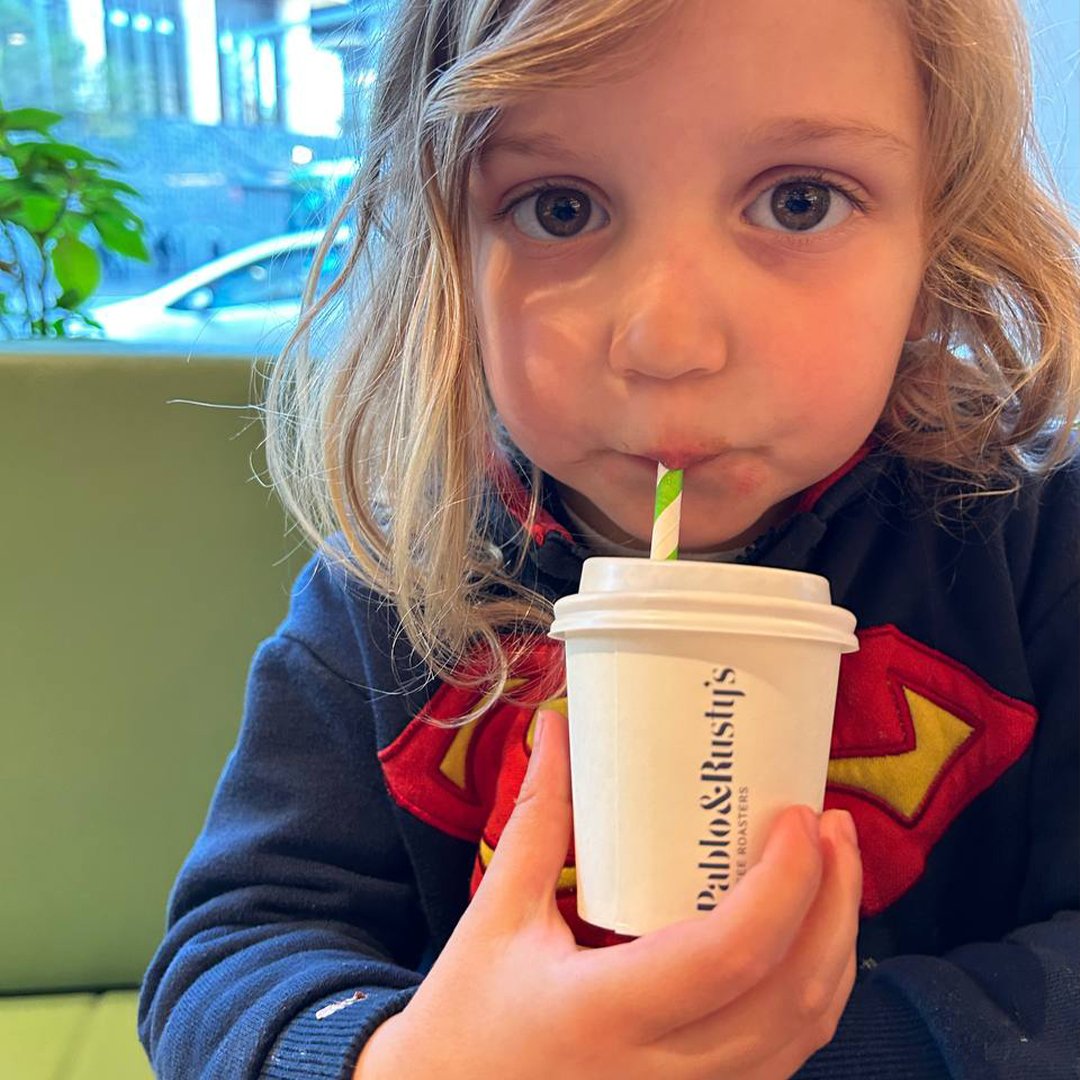
Remember that we can still satisfy our kids’ curiosity by being creative and teaching them healthy habits. They get to feel included in your morning ritual, and you don’t have to worry about them bouncing off the walls.
Footnotes
1. Australian Government Department of Health, Disability and Ageing. (2013). The Australian Dietary Guidelines.
2. Children's Health Queensland. (n.d.). Should my child be drinking caffeine?
3. Kelsey Beckford, Carley A Grimes, & Lynn J Riddell. (2015). Australian children's consumption of caffeinated, formulated beverages: a cross-sectional analysis. BMC Public Health, 15(70).



